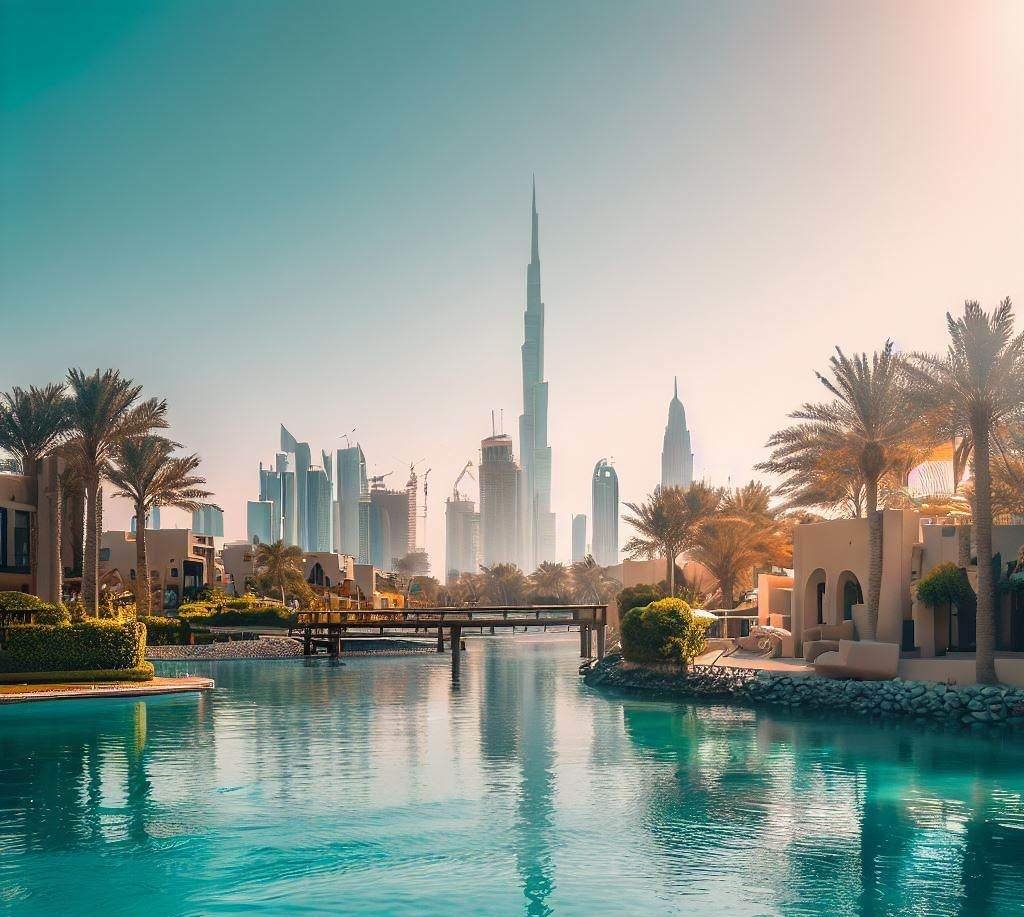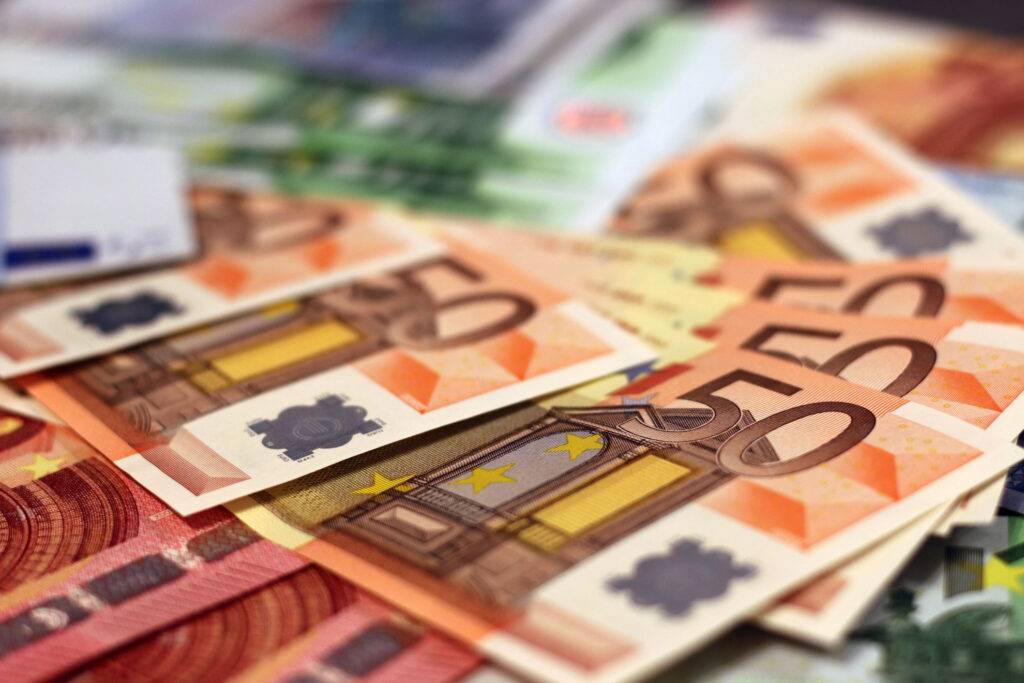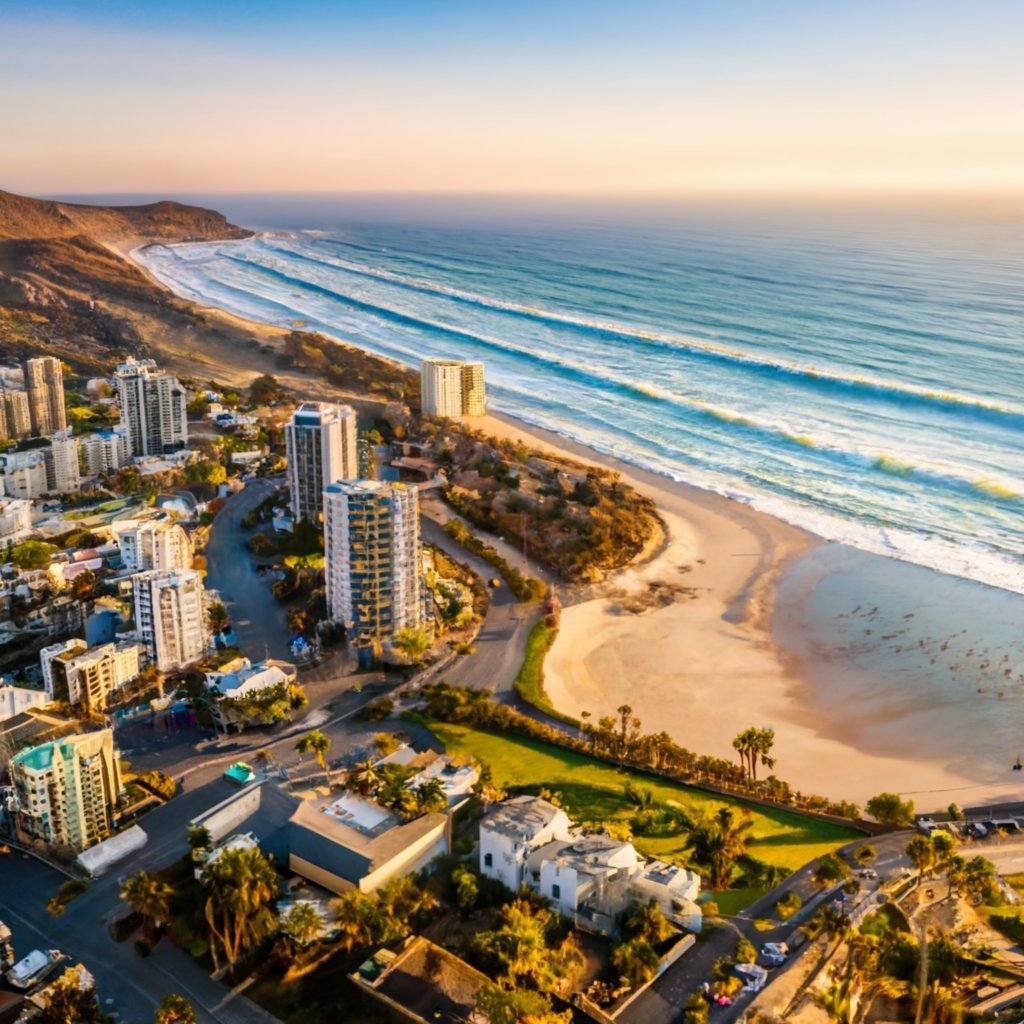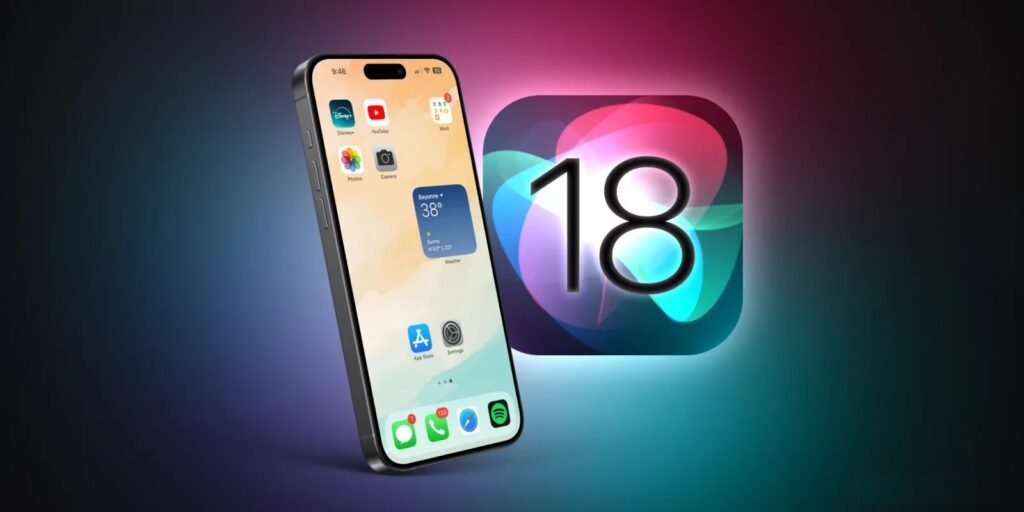Fiji, a tropical paradise in the South Pacific, is renowned for its pristine beaches, crystal-clear waters, and warm hospitality. Beyond its natural beauty, Fiji boasts a rich cultural heritage celebrated through national holidays. These holidays provide a window into the Fijian people’s traditions, customs, and values. Whether you’re a local or a visitor enjoying a holiday in Fiji, these moments offer a deeper connection to the island’s vibrant spirit. Join us on a journey through Fiji national holidays as we explore the significance of these celebrations and their role in preserving the island nation’s cultural identity.
Fiji Day:
One of Fiji’s most important national holidays is Fiji Day, celebrated on October 10th each year. This day commemorates the country’s independence from British colonial rule in 1970. Fijians proudly display their national flag, participate in parades, and engage in various cultural activities. The festivities serve as a reminder of Fiji’s sovereignty and the resilience of its people.
Diwali:
Diwali, often called the Festival of Lights, holds an important place in the heart of the Indo-Fijian people in Fiji. This joyful and vibrant festival symbolizes the victory of illumination over darkness and the triumph of good over evil. Houses are decorated with gorgeous decor, and families get together for traditional celebrations to share food and swap gifts. A stunning fireworks display lights the night sky, creating an enchanting atmosphere that unites the islands’ communities.
Constitution Day:
Constitution Day, observed on September 7th, is a testament to Fiji’s commitment to democracy and constitutional governance. It commemorates the adoption of the country’s first constitution in 1970. This holiday offers an opportunity to reflect on the values of equality, justice, and human rights underpinning Fiji’s legal framework. Various cultural performances, speeches, and exhibitions are held to celebrate the constitutional ideals that shape Fiji’s society.
Holi:
Holi, the Festival of Colors, is an exuberant Hindu festival celebrated by Indo-Fijians and other Fijians. This joyous occasion marks the arrival of spring and the victory of good over evil. Participants engage in spirited water and color fights, smearing each other with vibrant powders and enjoying traditional music and dance. Holi is a time for forgiveness, unity, and strengthening bonds within the community.
International Women’s Day:
International Women’s Day, celebrated on March 8th, is a global holiday dedicated to recognizing the achievements and contributions of women. In Fiji, this day is marked by various events and activities that promote gender equality, empower women, and raise awareness about women’s rights. The festivities include workshops, seminars, cultural performances, and exhibitions that showcase the remarkable achievements of Fijian women throughout history.
Eid Celebrations:
Muslims in Fiji observe two major Eid celebrations: Eid al-Fitr and Eid al-Adha. During Eid al-Fitr, Muslims conclude the holy month of Ramadan with prayers, acts of charity, and festive meals. Families come together, exchange gifts, and share the joy of breaking the fast. These heartfelt traditions are a vibrant part of Fiji celebrations, reflecting unity and spiritual renewal. Similarly, during Eid al-Adha, Muslims commemorate Prophet Ibrahim’s willingness to sacrifice and engage in acts of devotion, including sacrificing animals. The meat from the sacrificed animals is distributed to family, friends, and the less fortunate, embodying the spirit of generosity and compassion that beautifully enriches Fiji celebrations.
Conclusion:
Fiji’s national holidays provide a glimpse into the cultural tapestry of this enchanting island nation. Through these celebrations, Fijians proudly embrace their traditions, honor their diverse heritage, and reinforce the values that define their society. From commemorating independence to celebrating religious and cultural observances, these holidays serve as a testament to Fiji’s rich history and the strength of its people. By participating in these festivities, locals and visitors can immerse themselves in the vibrant and inclusive spirit of Fiji, forging unforgettable memories and deeper connections with this captivating destination.










